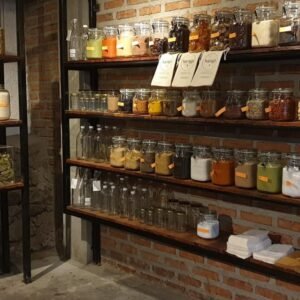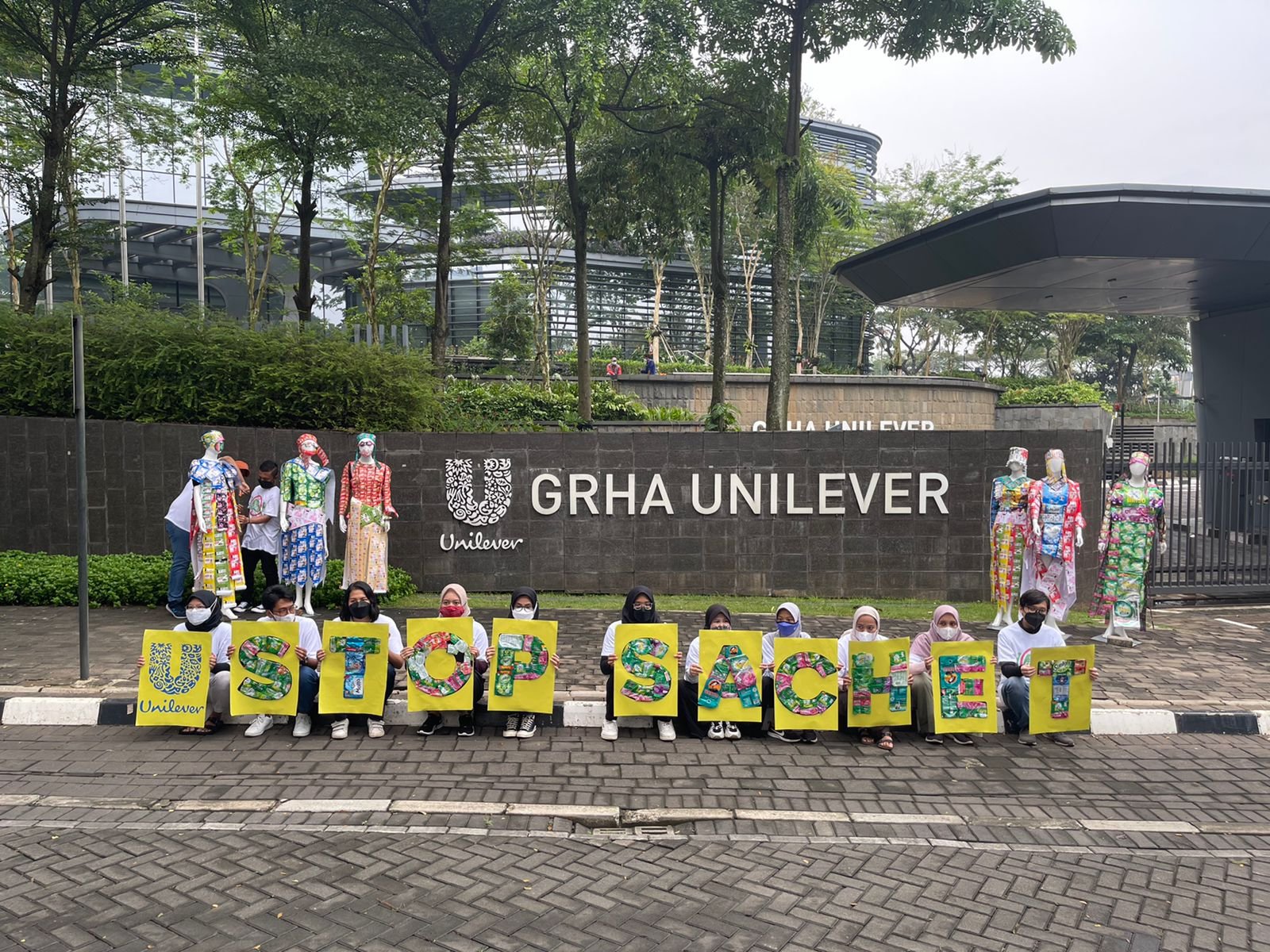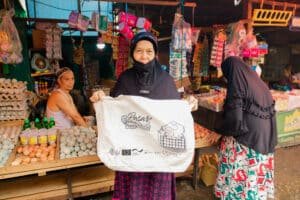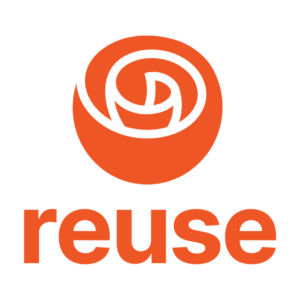Sachets are multilayer packaging materials widely used by people in everyday life, from packaging instant food and drinks and household cleaning products to personal care. Its efficiency makes people prefer to use single-use sachet packaging. In fact, behind its efficient use, there is a threat to the environment created by sachet waste.
According to the Indonesian Scavenger Association, sachet waste does not have a reasonable price, so many scavengers are reluctant to manage sachet waste. Of course, this is a significant threat to our environment. Therefore, there is no more time for us to think because now is the time for us to move to stop using sachet packaging in our daily lives. Following are tips that DKP friends can do to reduce the use of single-use sachets which are very bad for the environment.
1. Make daily necessities with natural ingredients

Source: Okezone.com
In everyday life, we often use products wrapped in sachet packaging. So, how can we not depend on using these sachets? We can reduce sachet packaging use by making our daily necessities at home using natural ingredients. For example, we can replace packaged instant cooking spices with natural kitchen spices that we can get in traditional markets or from our garden. Apart from being more environmentally friendly, this is also good for your health and more economical. In this industrial era 4.0, we can find many ways to make daily necessities online.
2. Shop in large packages

Source: Carousell
If there is no alternative packaging other than plastic for the products we usually use, buy the product in a large size. In this way, we will not contribute more sachet waste to the environment. Apart from that, by using large packaging, we can also save your expenses.
3. Shop at bulk stores

Source: Aliansi Zerowaste Indonesia
As awareness of environmentally friendly lifestyles increases, shops that implement a waste-free concept are starting to appear. Eco-friendly stores offer daily necessities products in bulk so that buyers can only buy these products in containers they bring themselves. Apart from being able to experience bulk shopping, bulk stores also remind us of the ancient times before single-use plastic appeared as a container for shopping which was actually not good for our environment. Now, bulk shops have also started to spread across several cities in Indonesia.
4. Reuse existing sachet waste to make handicrafts

If thrown directly into the trash and not managed properly, sachet packaging can certainly pollute the environment. Therefore, we need to sort the waste and try to recycle the waste. Sachet packaging waste can be recycled into craft objects that have economic value. If you don’t have time to recycle the waste, we can hand over the plastic sachet packaging to the waste recycler so that it can be managed properly.








